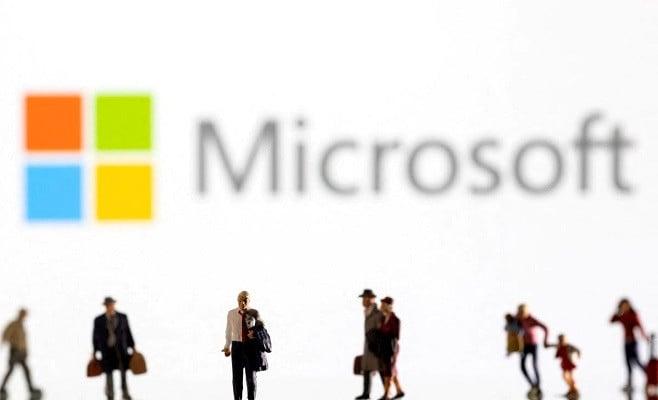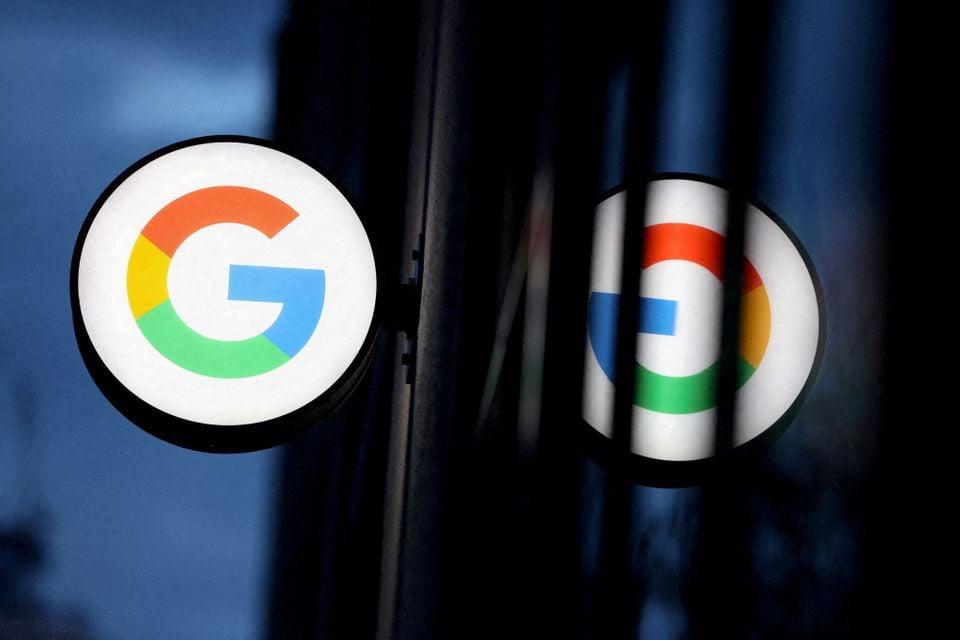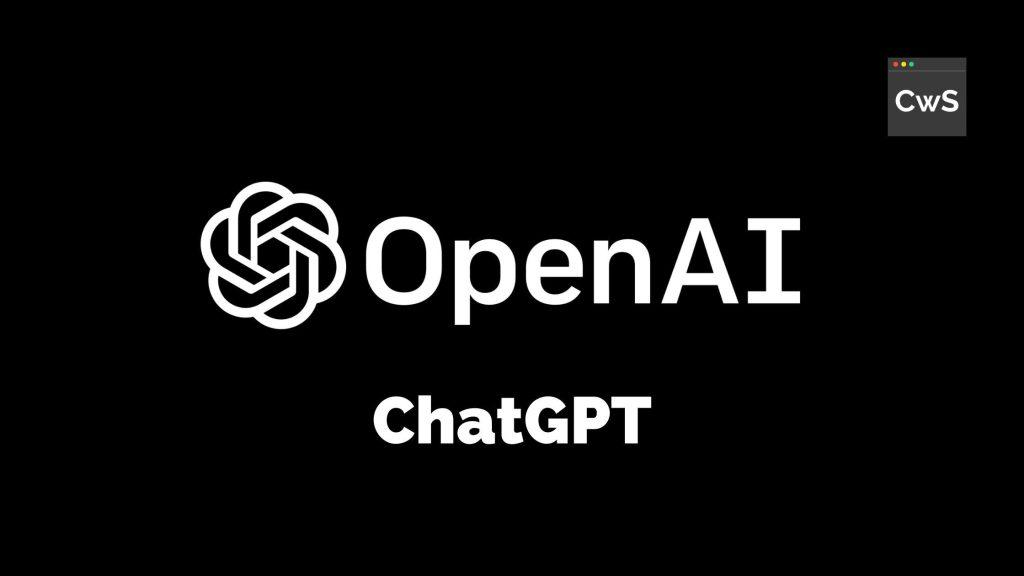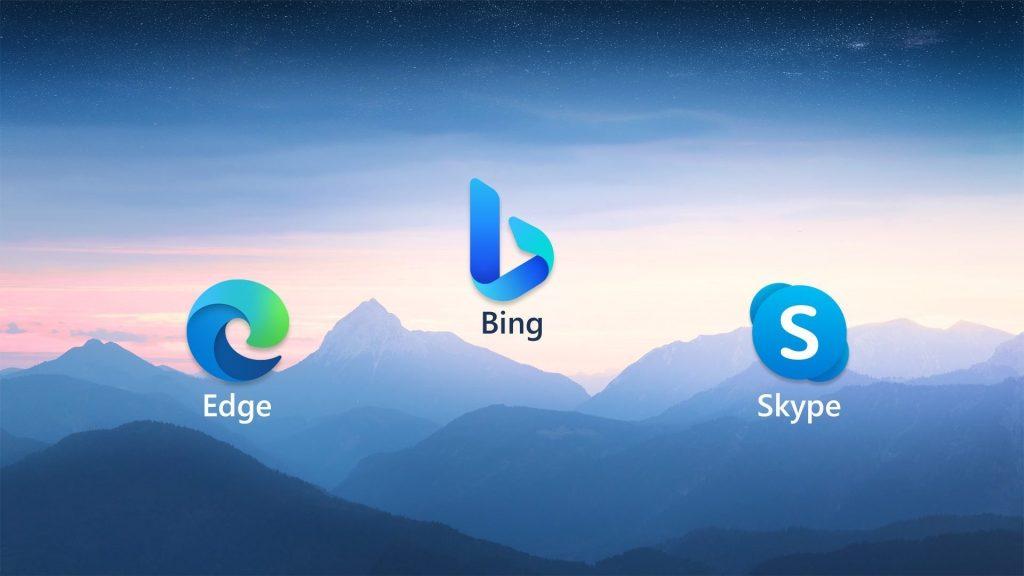The legal representative for the Australian cyber regulatory body argued that while Elon Musk’s company, referred to as X, has its own policies for removing harmful content, it should not have the authority to override Australian law regarding permissible online content. The lawyer made these remarks during a court hearing regarding the dissemination of a video showing the stabbing of an Assyrian Christian bishop in Sydney.
X, formerly known as Twitter, is contesting a directive from the e-Safety Commissioner to take down 65 posts containing the aforementioned video, which authorities labeled as a terrorist act.
Tim Begbie, representing the regulatory body, emphasized that while other platforms like Meta promptly removed the content upon request, X’s resistance to global removal goes against the intent of Australia’s Online Safety Act. Despite X’s claims of upholding free speech, Begbie argued that the core issue revolves around the efficacy of Australian law in safeguarding citizens from harmful online material.
X’s proposed solution of geoblocking Australians was deemed ineffective due to the widespread use of virtual private networks, which can disguise users’ locations. Begbie contended that global removal of the content would align with the legislative intent of preventing accessibility to objectionable material for users in Australia.














